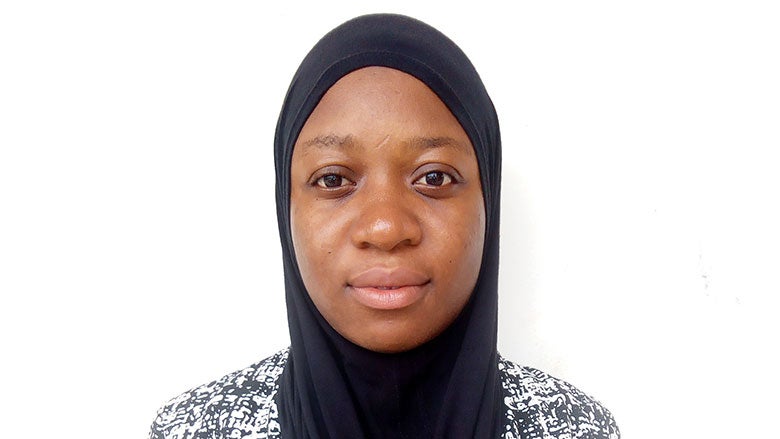 Nafiisa Adjoua N’Guessan, 2019 Blog4Dev Winner, Côte d’Ivoire
Nafiisa Adjoua N’Guessan, 2019 Blog4Dev Winner, Côte d’Ivoire
The world has been transformed into a global village and the “new illiterates” will be those who remain on the sidelines of the technological revolution. Many young Africans risk being included in this new group. In fact, despite the meteoric rise of new technologies, Africa is being left behind. Only 30% of Africans have access to the Internet and roughly 600 million Africans have no access to electricity. If we hope to turn things around, we young Africans have a responsibility to propose solutions that will pave the way for the continent’s adoption of this digital transformation.
There is no need to start from scratch as initiatives are already under way in Africa, including digital events at technology training centers and through competitions organized to reward young disruptive entrepreneurs. It bears noting, however, that these initiatives target few young people and are having a minimal impact on the digital economy.
We must first ensure that all young Africans embrace digital technology. Training sessions could be organized for cyber scammers in an effort to convert them into computer engineers serving the public interest, by developing, for example, projects that will have a major technological and social impact, such as the manufacturing of connected objects and the development of applications to address community challenges.
African countries could also pool their financial resources to create an African school specializing in digital technology and the digital economy. This training institute, which would be equipped with incubators, would bring together the best in this field, providing scholarships and fostering skills exchanges among participants. This school would focus primarily on digital technology and its by-products and would be based on the model for American exchange programs, including the Young African Leadership Initiative (YALI) launched by the U.S. State Department in 2010 to identify the young African leaders of tomorrow.
Education systems must not only promote literary literacy, but theoretical and practical digital literacy as well. Young people will be better prepared for the demands of the future if they start learning how to use digital tools correctly from as early as primary school. In other words, urban and rural schools must be equipped with multimedia rooms with good Internet access and be staffed by high-quality teachers. At the same time, online training programs must be developed for Africans of all ages.
I am feeling quite optimistic because progress is already being made in Côte d’Ivoire. The State has done an outstanding job, subsidizing the purchase of computers for students through the “One student, one computer” project, the second round of which will be launched in November 2018 at the Nangui Abrogoua University in Abidjan. In addition, a number of merchants are accepting payment in installments for computer purchases.
While many African countries have also developed public e-services, they must go further and recruit young, talented developers and programmers. The Super Prix Jeunesse Francophone, which was recently awarded to 24-year-old Roland Alavo for his project to digitize laws in Benin and Côte d’Ivoire, is proof that we are on the right track.
Nafiisa Adjoua N’Guessan, an Ivoirian national, is a winner of the World Bank Africa 2019 Blog4Dev regional competition.


Join the Conversation